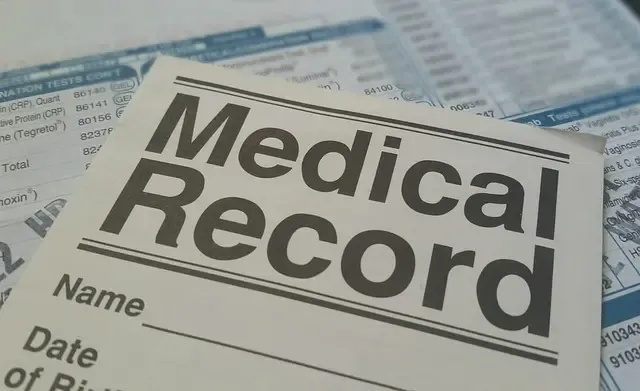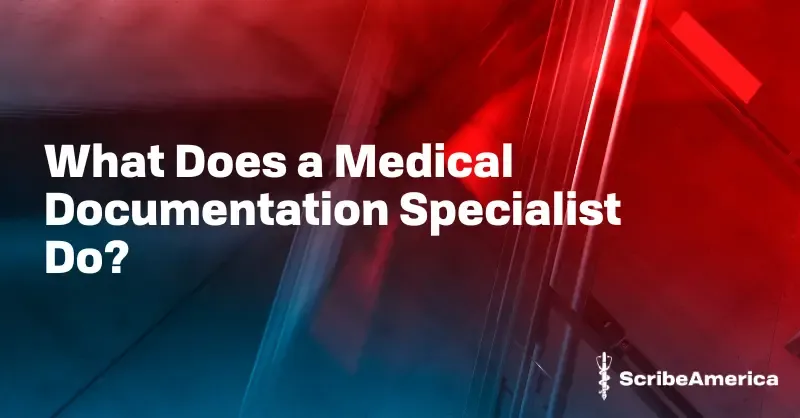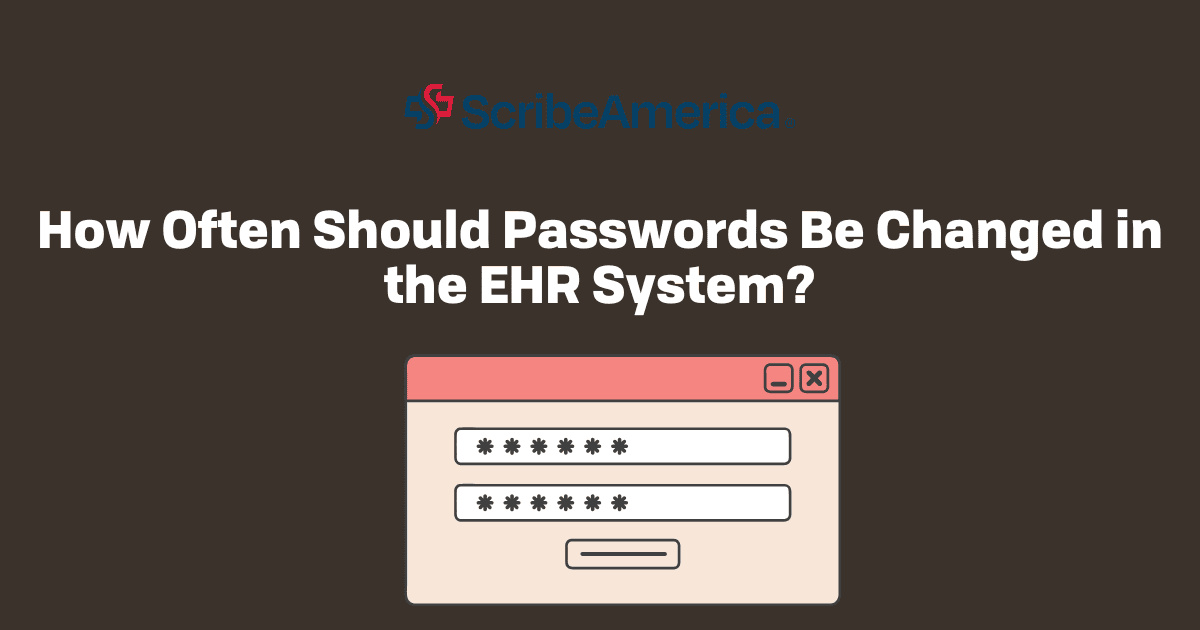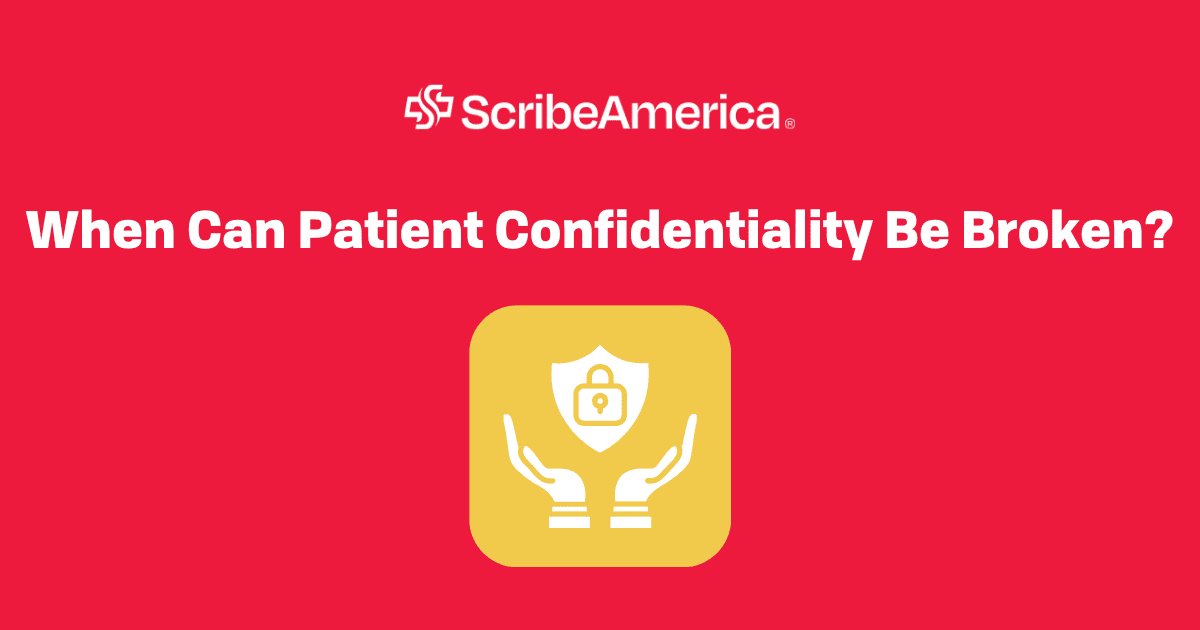Have you ever wondered what a medical documentation specialist does? Or maybe you were looking for clinical jobs and came across this name but didn’t know what this job is about? Here you will learn everything about medical documentation specilist’s work.
What is a documentation specialist?
In order to understand the role of a medical documentation specialist it is important to comprehend the role of documentation specialist in general.
Documentation specialists organize documents, sort and label them as well as keep the documents up to date with legal requirements. They are also responsible for retrieving documents on demand, and preparing a sorting strategy.
What does a documentation specialist do?
Medical documentation specialists play a crucial role. Their role is to record patients’ encounters with doctors as well as to keep track of patients' medical records. The former is especially important, as the transcriptions of patients’ visits in a clinic become a part of their medical records. Medical documentation specialists can perform this task in the doctor’s cabinet, as well as remotely using, for instance, digital recordings made by the physician.
Apart from keeping track of the patients’ visits, medical documentation specialists need to ensure that the medical documentation follows the regulations, such as HIPAA requirements. In the rapidly changing environment of healthcare, this particular role is extremely important.
Another task on the list of clinical documentation specialists is to keep sure that the patients’ records are up to date. In order to provide the best-quality medical services, the doctors need to have the latest data about their patients. This means that even if medical documentation specialists do not have direct contact with the patients, their work adds to providing them with proper treatment.

What does an average day of medical documentation specialist look like?
A typical day in this role may consist of several different tasks. Medical documentation specialist perform such tasks as:
- Checking and updating patient records
- Finding missing information in the records
- Contacting doctors to fill in the missing information
- Completing the missing information in the records
- Making contact with patients’ insurance companies if required by the situation
Their work is usually 9-5, so you don’t have to worry about the shift work disorder!
What do I need to become a medical documentation specialist?
As the role of documentation specialists is of extreme importance, there are several requirements that you need to comply with in order to start working as one. The requirements may vary from offer to offer, but here are the most common ones:
- A degree in health information technology (though sometimes a high school diploma is enough)
- A good grasp of medical terminology
- RN license
- Experience in a similar role
- Knowledge of the HIPAA regulations
- High computer proficiency
- EMR software skills
Many aspiring medical documentation specialists wonder: What is a clinical documentation specialist, and how can I transition into this role? While education and technical skills are essential, strong attention to detail and effective communication with healthcare professionals are equally important. Employers often value hands-on experience, so consider internships or entry-level positions to build your resume.
If you match all these points but don’t have any experience, don’t worry! You can start your career by working in a similar position, such as a medical scribe. If you want to begin your journey in an experienced, professional healthcare company with a lot of opportunities, check our open positions for medical scribes.
Medical documentation specialist - final thoughts
Medical documentation specialists play an important role in medical facilities, and perform several roles connected with the medical records and medical documents. However, to do this efficiently, they need experience and a good knowledge of medical terms.
As healthcare continues to evolve, the demand for skilled clinical documentation specialists will only grow. By maintaining accurate, compliant, and updated records, they serve as a bridge between healthcare providers and patients, ensuring quality care and operational efficiency
If you’re ready to explore this exciting and impactful career path, why not take the first step today? With the right training and dedication, you can become a key player in the healthcare industry as a medical documentation specialist. Give it a try and see where this journey takes you!
Did you like this article? If yes, then we can recommend: How to Hire a Medical Scribe? Step-By-Step Guide




